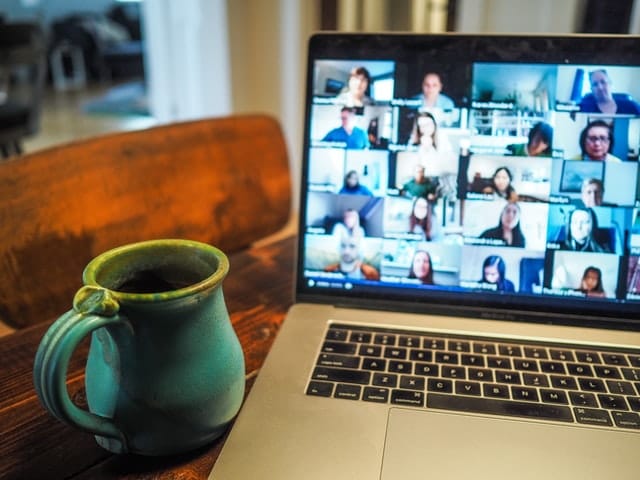
Have you ever made a good trade and regretted you did not make more? And after giving this more thought you concluded that if you could just make more in your best trades you could do SO much better as a trader. And I mean a lot better. In fact, this one issue, might be the thing holding you back from reaching your trading goals. Let me try and help you with this leaning on the work we do at our prop firm in NYC.
The trading problem
During a monthly review, a trader lamented that he didn’t make enough in a terrific trading opportunity. He made some, but not as much as we wanted. Not as much as he deserved. Ever been there?
The trader pinpointed a moment where he could have added to his winning position, but didn’t. The trader surmised this was because he didn’t have enough conviction to add to the trade. I hear this a lot from traders. My sense is the trader and traders like him are focusing on the wrong problem. If you are focusing on the wrong problem, you cannot improve. And I know this trader, and traders like him, really wanted to improve. I had a different take and shared it. This different take would get the trader working on the right solution to fix this trading challenge.
Bella’s take
My take is these decisions are made easier in real-time if you have a preset system for these trades. You do not want to leave too much to your whims of a particular moment in real-time.
Traders should develop a standard PlayBook for each trade AND how to add on each trade. When a trade is working, you want to have a system for how you will add AND THEN the parameters for when you would add. Trading paralysis in real-time comes from not having this system in place.
When you have this PlayBook, this system in place, then you just react. You beat trading paralysis.
More importantly, your focus shifts to a more constructive mindset. In short, you now think about doing the right thing. You move away from worrying about whether the trade will be profitable, and all the other worries-
Am I going to lose money?
Should I be in this trade?
Am I too big?
Am I good at this trade?
Should I take profits now?
Where is the right stop?
Is that the right stop?
Would Shark be in this trade?…
to whether you are doing the right thing. That right thing is to put on more risk, in the example above from this trader.
If you have not done this before the trade entry, this leaves you too much to think about in real-time. Think about it. The market is moving fast. You are in the moment of processing a heck of a lot of data. You are stressed from the potential to make or lose money. Your job is to do the right thing and NOT to make money. Put yourself in the best position to do the right thing by determining a preset system for the trade.
And one more observation about all of this. Be specific. No, be super specific. Be super specific about when you will add, why you will add, how much you will add, and where you will stop out. Be specific about how much risk it is now the right thing to do to put on. No, be super specific.
Below is a very special treat for you. We have never shared anything like this with the trading community. I had to get special permission from the traders in the room and remotely on the call to share this with you. We do not release these monthly review meetings, which you are about to watch.
Below is the raw footage of this conversation, during a monthly meeting, with a trader on our desk. These are real conversations we have with traders. With good traders. With pro traders. I hope you enjoy this sneak peak inside our training room of a monthly review at the firm.
*I am wearing a ski hat because the room is cold and I get cold easily. I told you…the footage is raw and real.
Raw Footage of an SMB Monthly Meeting
Solution summary
1. Build a system for trading specific trade scenarios. We say build a PlayBook.
2. Be specific with that system. No be super specific.
3. Leave room for your discretion while in the moment, as you are a discretionary trader.
4. When that trade visits, shift your mindset to focusing on whether you have the appropriate risk on. Not on whether you will make or lose money in the trade.
5. And then finally, let the results be what they will be.
I do hope you found this helpful for your trading.
Mike Bellafiore is the Co-Founder of SMB Capital, a proprietary trading desk, and SMB Training, which provides trading education in stocks, options, and futures. Bella, @MikeBellafiore, is the author of One Good Trade and The PlayBook. He welcomes your trading questions at [email protected].


